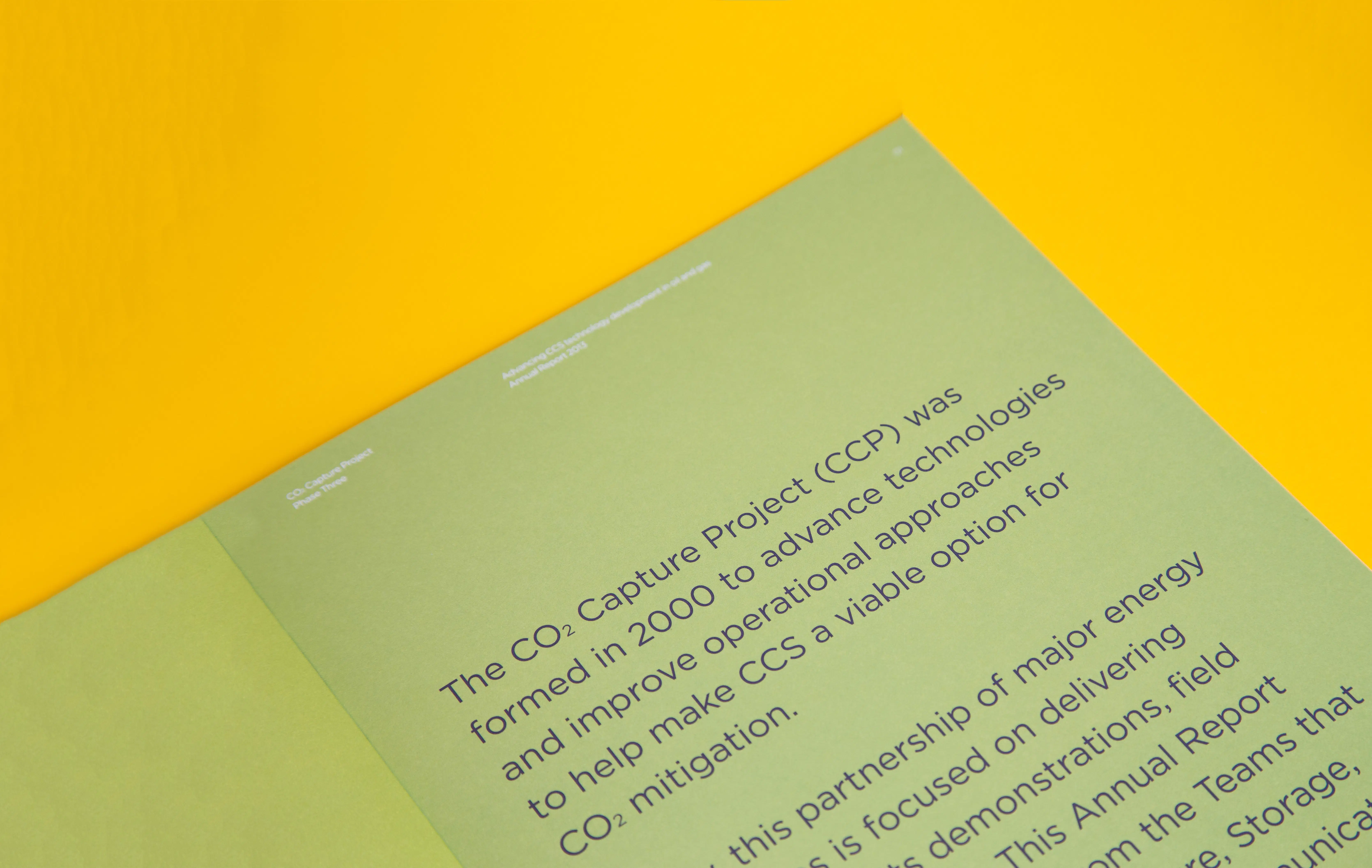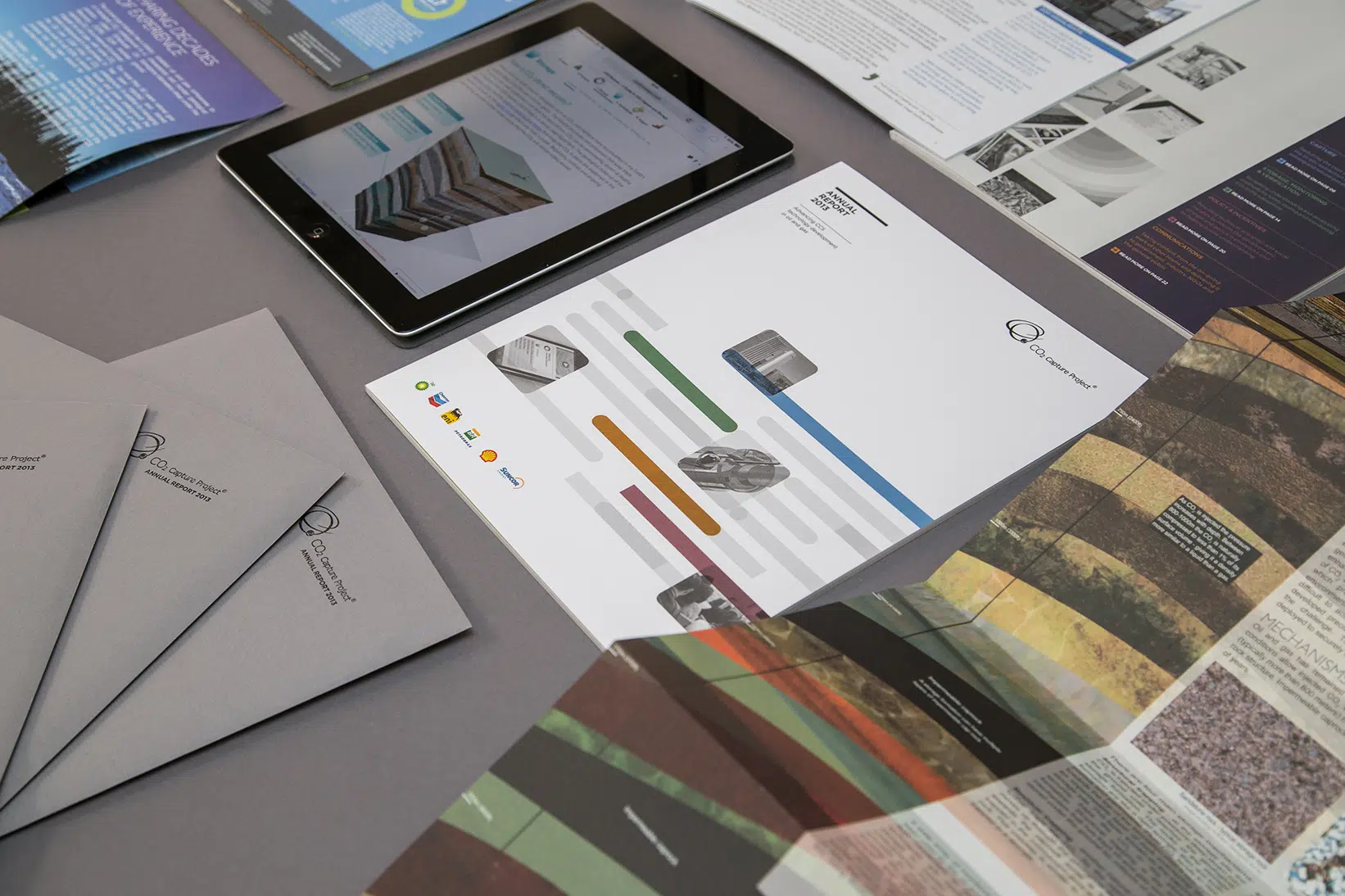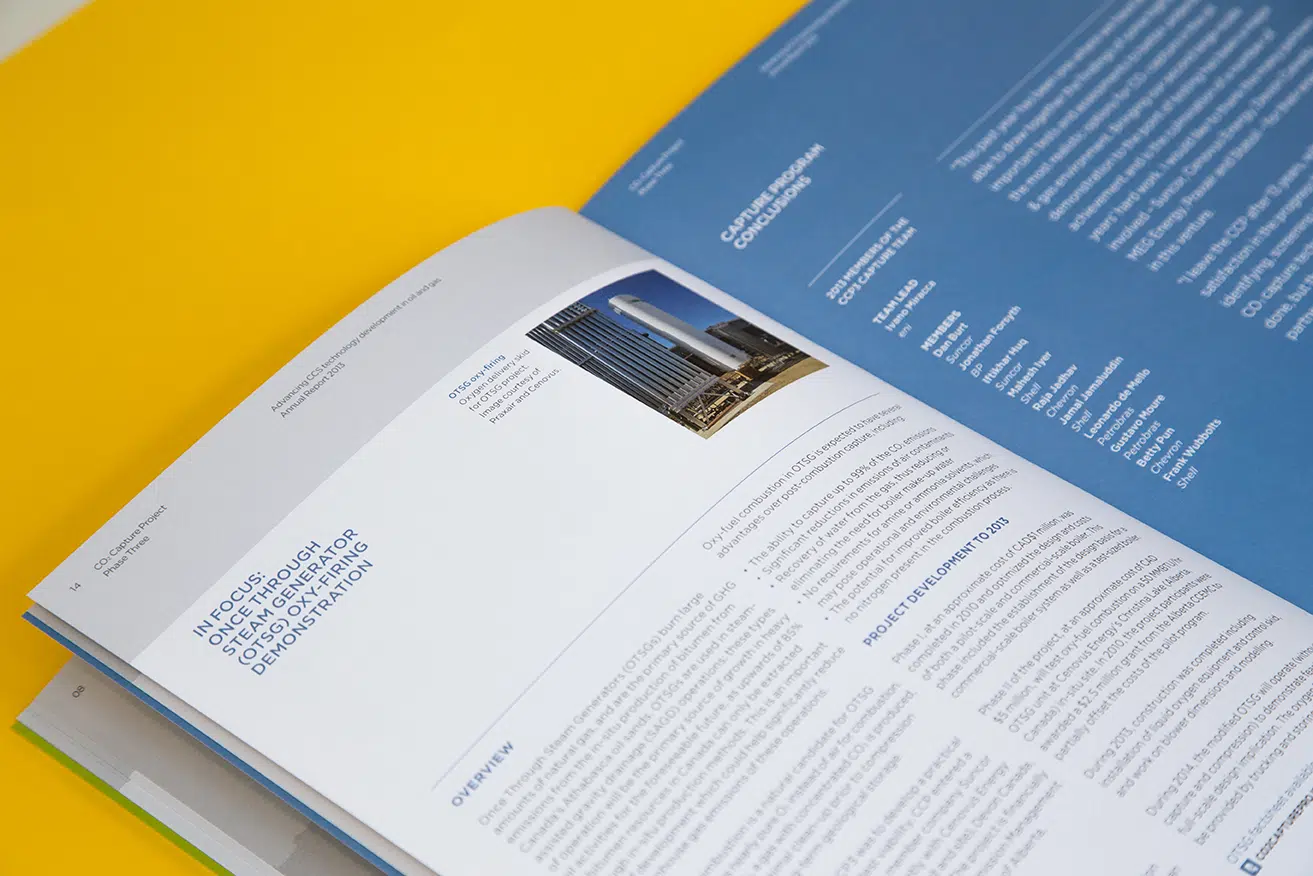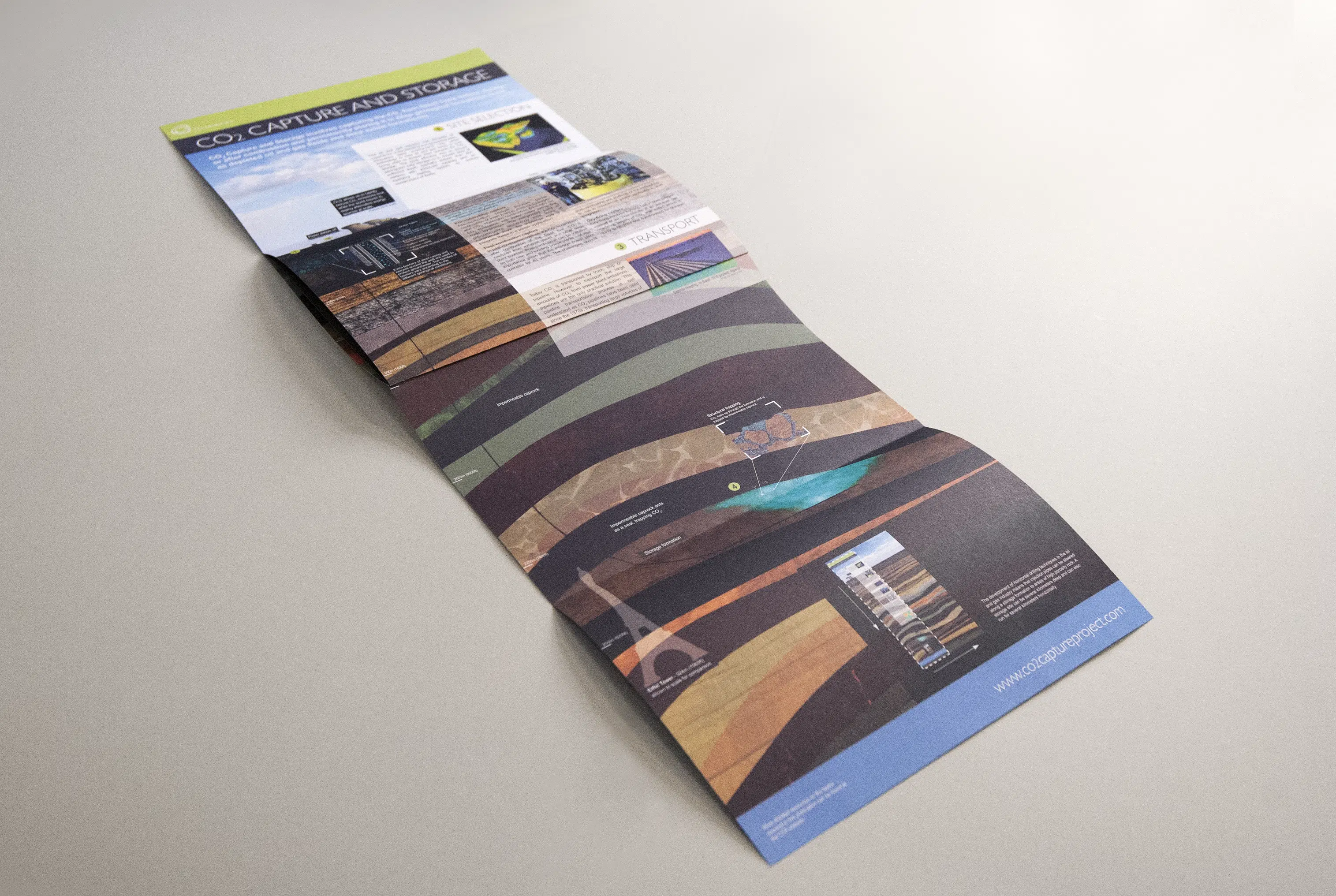




Challenge
Over the past decade, a group of the world’s leading energy companies has worked together to advance understanding of CO2 Capture and Storage (CCS). Through the CCP (CO2 Capture Project), this group has generated valuable insights and learnings that will help make the technology a viable proposition. Our focus is in helping CCP to share the results of its work with industry, academia and also the broader public.
Insight
The biggest barrier to progress is often a lack of understanding rather than an inability of the technologies to deliver. The language of engineering and science is often specialised, complex, and, to many in the wider world, intangible.
Each audience needs the insights delivered in a language that resonates with them and is relevant to their own issues.
Action
By investing time into understanding both the science and the issues as seen by each audience, we help translate scientific insight into a form that works for each group. For example, for industry and academic audiences our work has included creating top-line briefings for management, technical factsheets for key projects and a website containing key information resources.
In communicating with the broader public, we identified that there was no single source of clear, comprehensive information on the geological storage of CO2 which was easily accessible from today’s communications devices. We created The CCS Browser – www.ccsbrowser.com – an interactive web resource that works across PC, tablet and mobile. Simple, logical navigation is combined with videos and animations, drawing upon the CCP’s work in the area, but also referencing other important sources of information. Corporate branding is kept to a minimum in order to maintain a level of objectivity.







